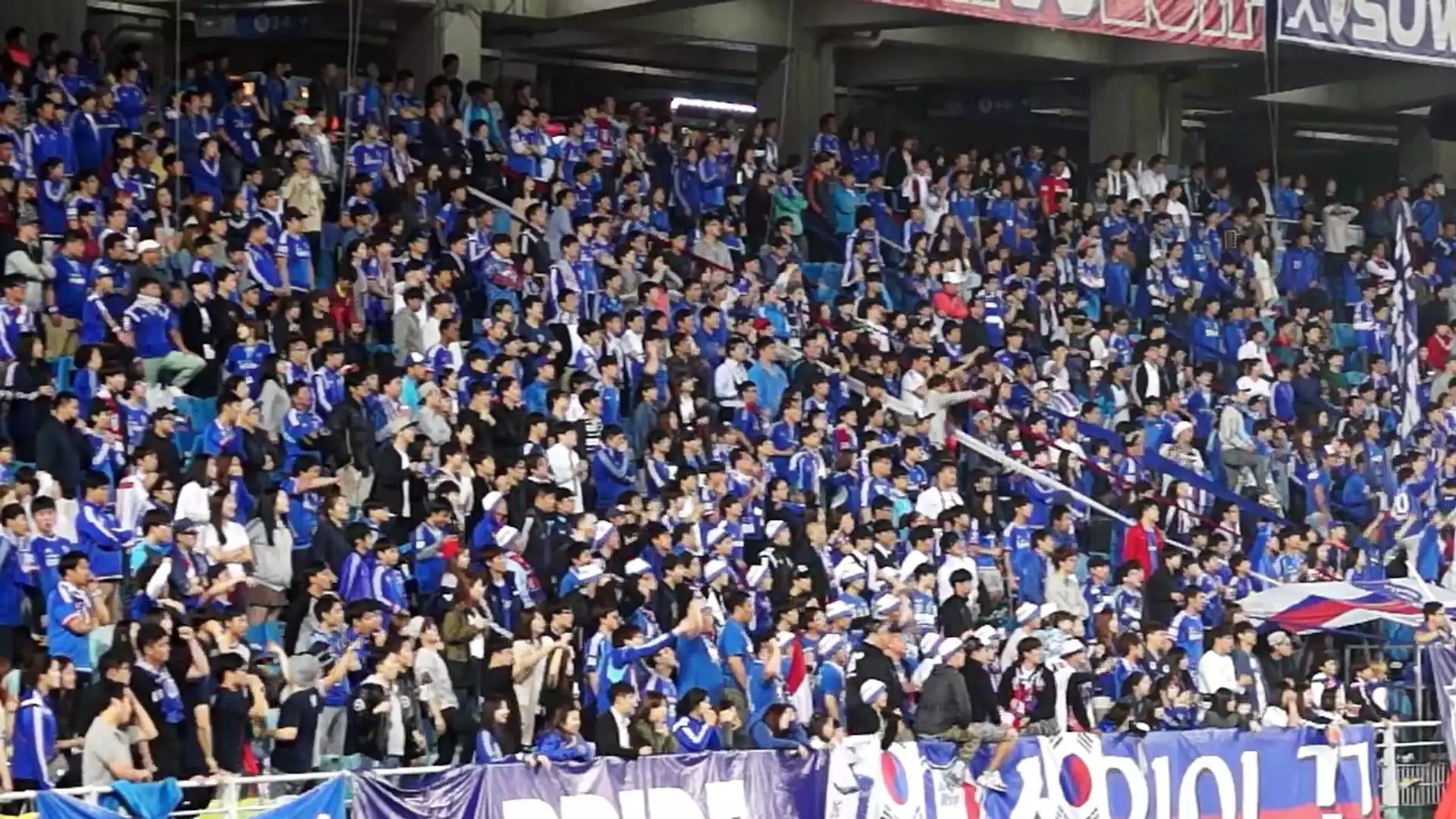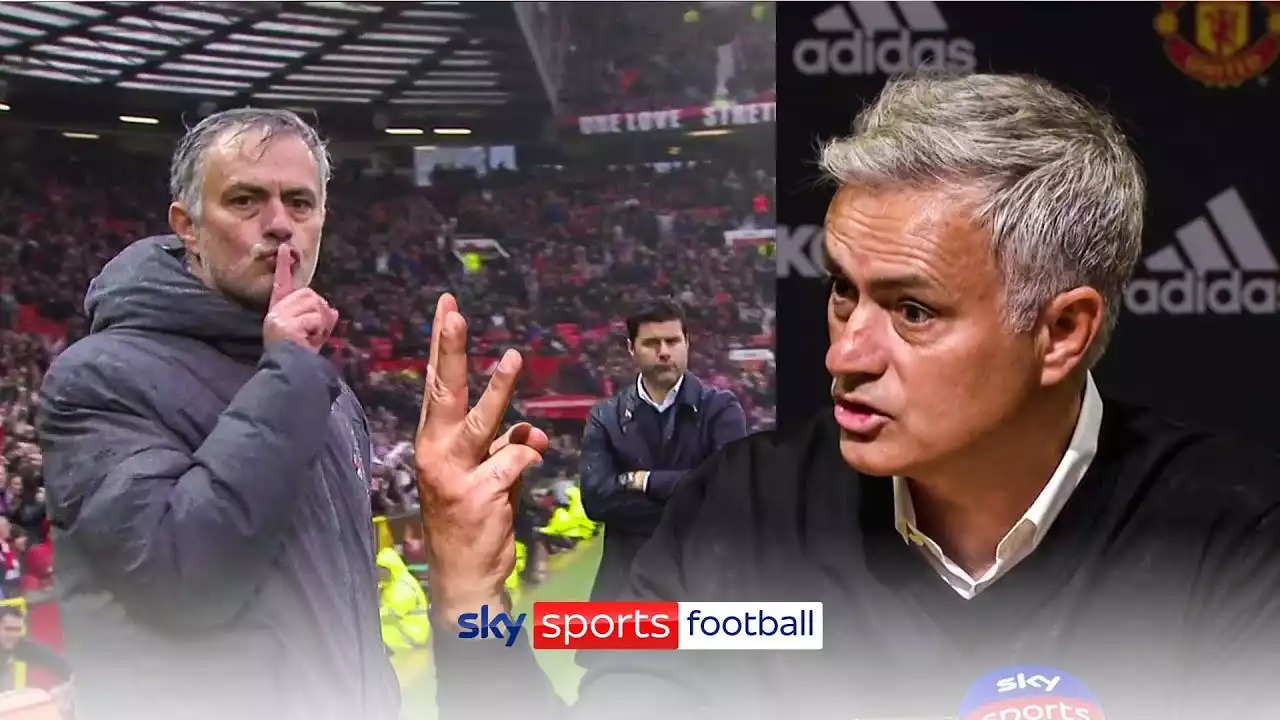Introduction
In the high-stakes world of the FIFA U-20 World Cup, the pressure is on for managers to navigate the challenges that arise during the tournament. From injuries to tactical adjustments, these coaches must make quick decisions that can make or break their team's chances of success. But how do these managers adapt to the in-tournament challenges? In this article, we'll explore the strategies employed by World Cup U-20 managers to ensure their team's performance remains at its peak.
One of the key factors in a manager's ability to adapt is their understanding of the players' capabilities and their willingness to make necessary adjustments to the team's game plan. This requires a combination of strong tactical acumen and effective communication with the players.
The role of a U-20 manager
At the U-20 level, managers play a crucial role in developing young talent and preparing them for the challenges of international competition. These managers are responsible for creating a cohesive team, implementing a game plan, and making critical decisions during matches. They are not only tasked with winning games but also nurturing and developing players' skills for future success.
Challenges faced by U-20 managers during the tournament
The U-20 World Cup presents unique challenges that are not often encountered in other competitions. The young age of the players means that they may be more prone to physical and mental fatigue, requiring managers to carefully manage their players' workload and provide appropriate rest and recovery. Additionally, the pressure of performing on the international stage can be overwhelming for young players, and managers must find ways to keep their team focused and motivated.
Adapting to injuries and player fatigue
Injuries are an unfortunate reality in any sport, and U-20 managers must be prepared to adapt when key players are sidelined. This may involve reshuffling the lineup, adjusting tactics, or finding creative solutions to fill the gaps. Additionally, player fatigue can be a significant challenge during a tournament where matches come thick and fast. Managers must carefully manage their players' workload, rotate the squad when necessary, and provide adequate rest and recovery time.
Dealing with tactical adjustments by opponents
Opponents in the U-20 World Cup are often well-prepared and can make tactical adjustments during matches to exploit weaknesses or disrupt the opponent's game plan. U-20 managers must be able to identify these adjustments quickly and make the necessary changes to counteract them. This requires a deep understanding of the game, the ability to analyze opponents' tactics, and effective communication with the team to implement the necessary adjustments on the field.
Managing player emotions and maintaining team morale
In high-pressure situations, emotions can run high, and U-20 managers must be adept at managing player emotions and maintaining team morale. This involves creating a positive and supportive team culture, providing emotional support to players when needed, and instilling confidence in the team's abilities. A manager's ability to keep the team focused and motivated, even in the face of adversity, can have a significant impact on the team's performance.
Handling media pressure and public expectations
In addition to the on-field challenges, U-20 managers must also navigate the media scrutiny and public expectations that come with participating in a high-profile tournament like the World Cup. Media pressure can add an extra layer of stress for both players and managers, and it is essential to manage these external factors effectively. Managers must shield their players from unnecessary distractions, provide clear communication about expectations, and help the team stay focused on their performance on the field.
Strategies for effective in-game decision making
During a fast-paced match, U-20 managers must make split-second decisions that can have a significant impact on the outcome. This requires a combination of tactical knowledge, game awareness, and the ability to read the flow of the game. Successful managers often rely on pre-match preparation, in-game analysis, and effective communication with assistant coaches to make well-informed decisions. They must also be willing to take calculated risks and trust their instincts when necessary.
The importance of scouting and analyzing opponents
Scouting and analyzing opponents play a crucial role in a U-20 manager's ability to adapt during the tournament. By studying opponents' strengths, weaknesses, and tactical approaches, managers can develop strategies to exploit their weaknesses and neutralize their strengths. This requires a comprehensive scouting network, meticulous game analysis, and the ability to translate these insights into actionable plans for the team. Effective scouting and analysis can give a team a competitive edge and help managers adapt to various challenges posed by different opponents.
Key takeaways for U-20 managers
In the high-stakes world of the U-20 World Cup, managers face numerous challenges that require adaptability, tactical acumen, and effective communication. By understanding the unique challenges faced by U-20 managers, such as injuries, player fatigue, tactical adjustments, and external pressures, managers can develop strategies to overcome these obstacles. Successful U-20 managers prioritize player development, maintain team morale, make informed in-game decisions, and leverage scouting and analysis to adapt to their opponents. By implementing these strategies, U-20 managers can maximize their team's performance and increase their chances of success in the tournament.
In conclusion, the ability to adapt to in-tournament challenges is a critical skill for World Cup U-20 managers. By employing effective strategies and approaches, managers can navigate the unique challenges posed by injuries, tactical adjustments, player emotions, media pressure, and public expectations. Furthermore, investing in scouting and analyzing opponents can provide managers with a competitive edge. Ultimately, U-20 managers who excel in adapting to these challenges increase their team's chances of success in the FIFA U-20 World Cup and contribute to the development of young talent on the international stage.










